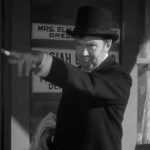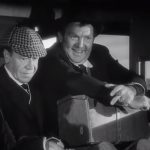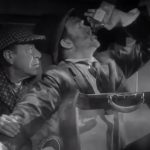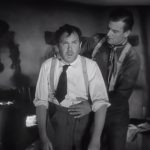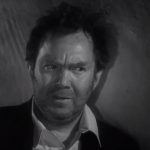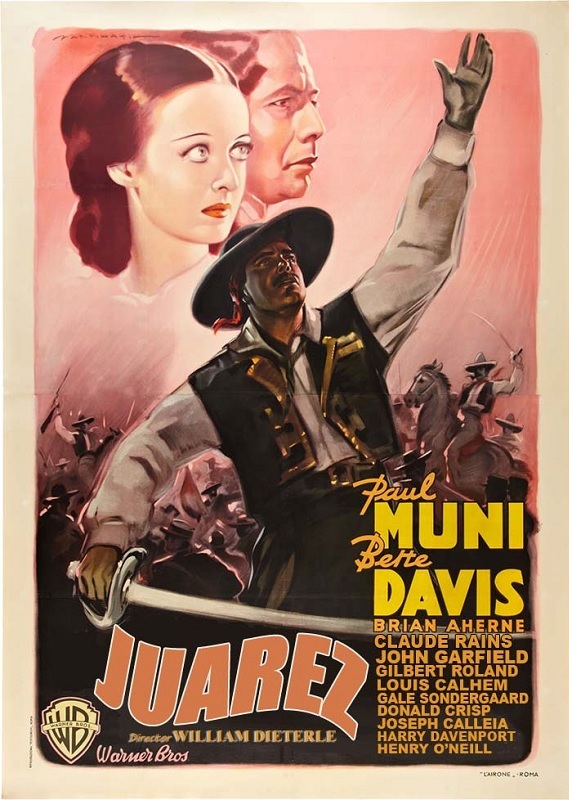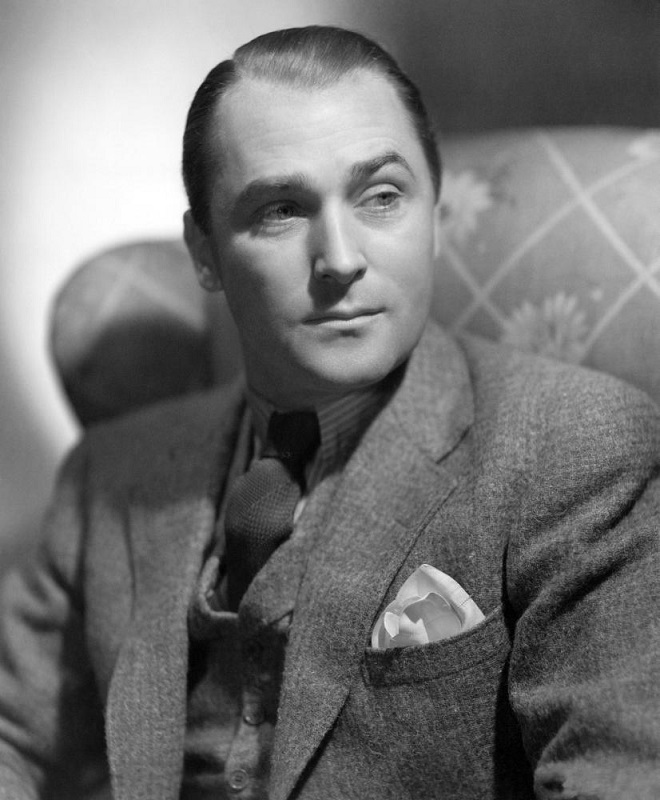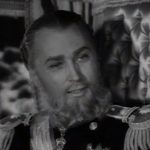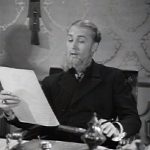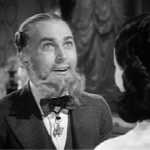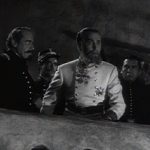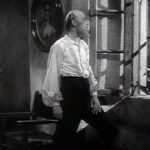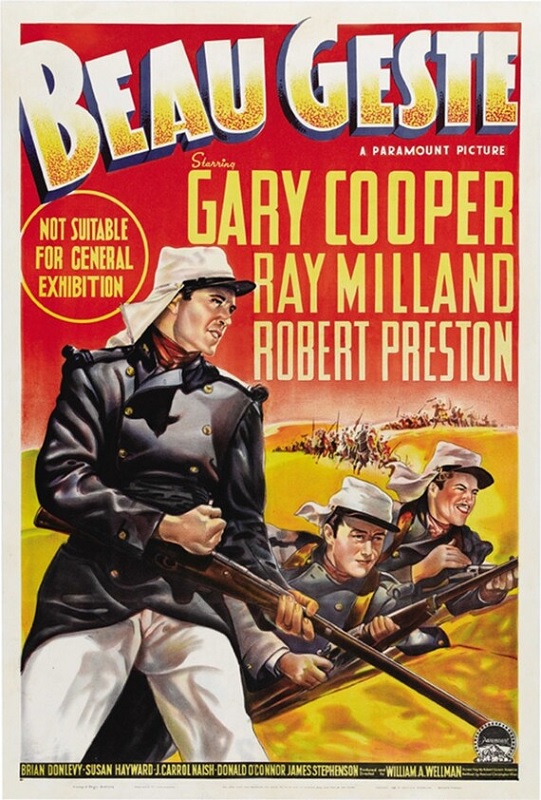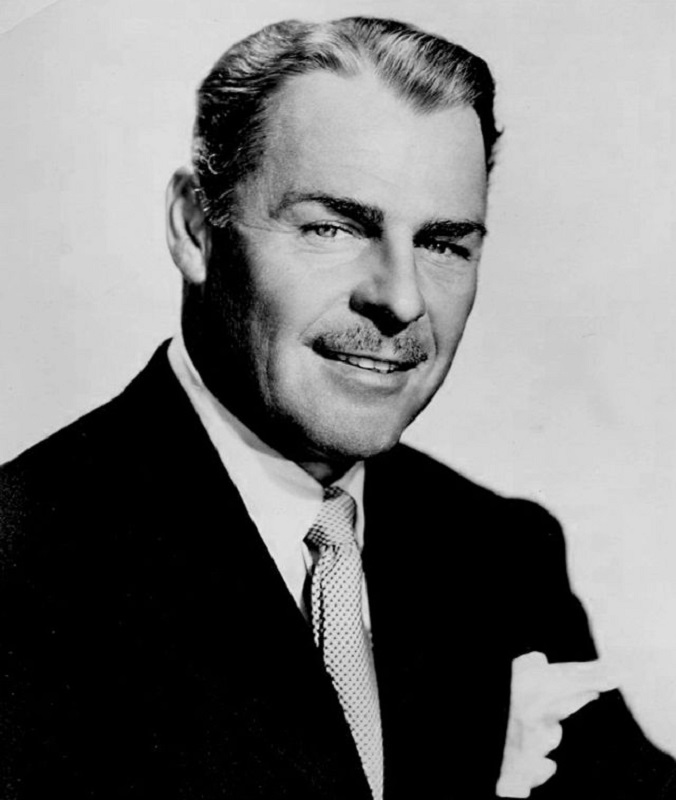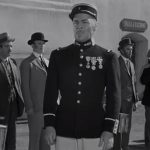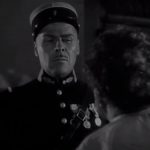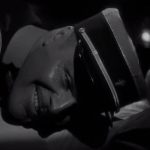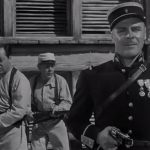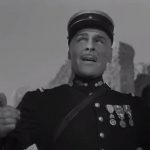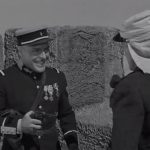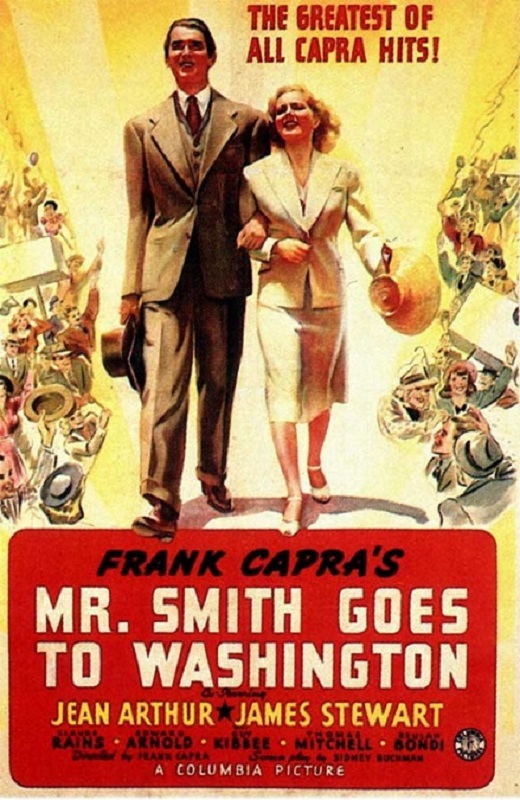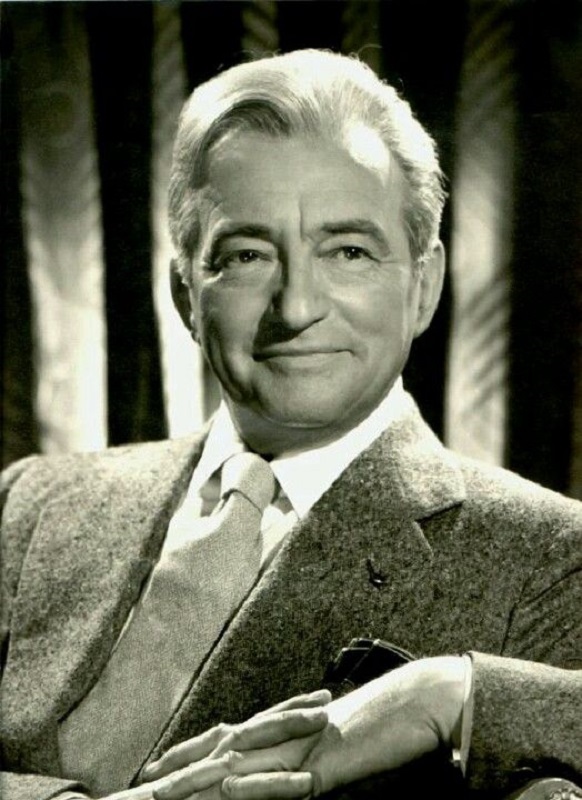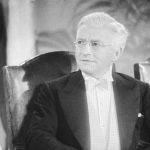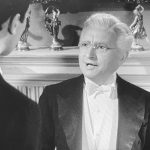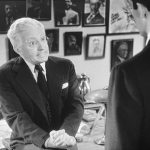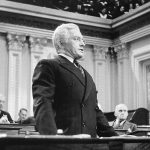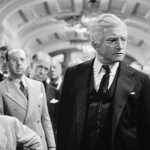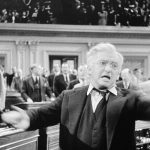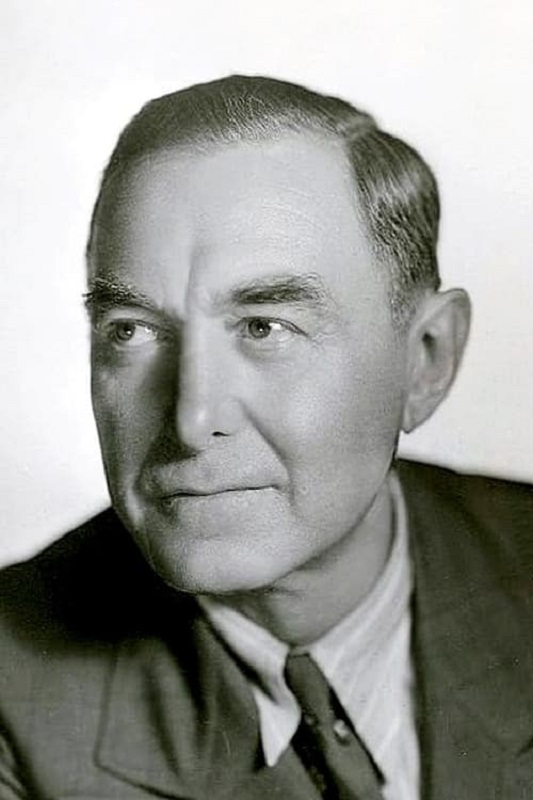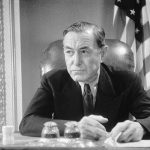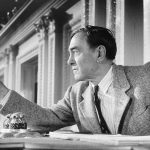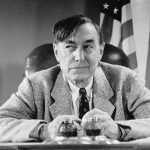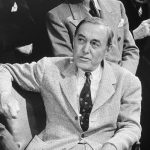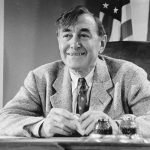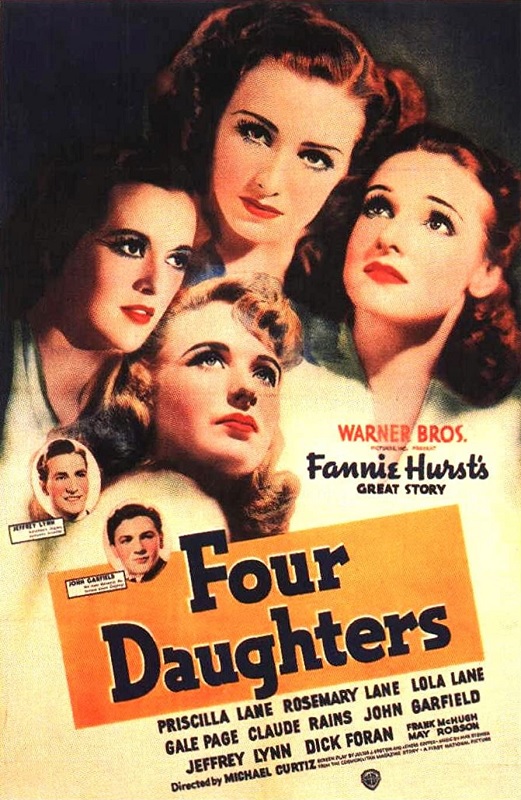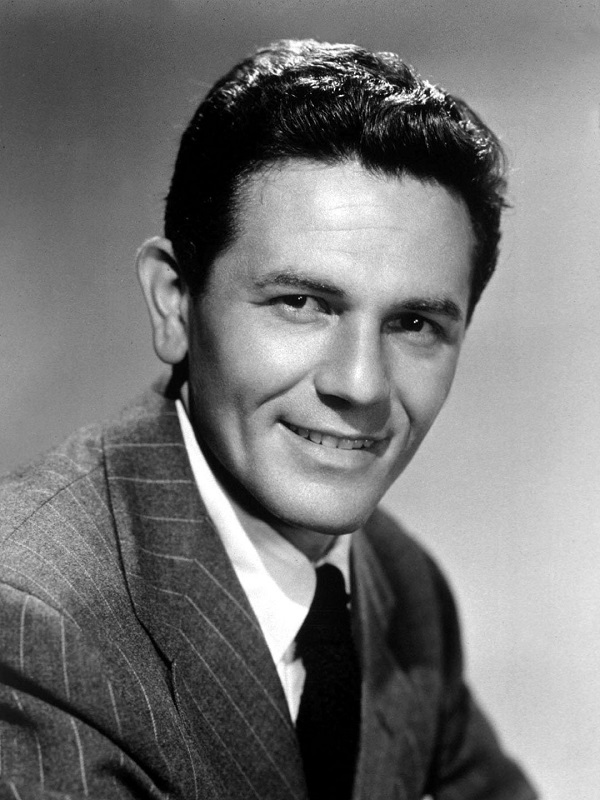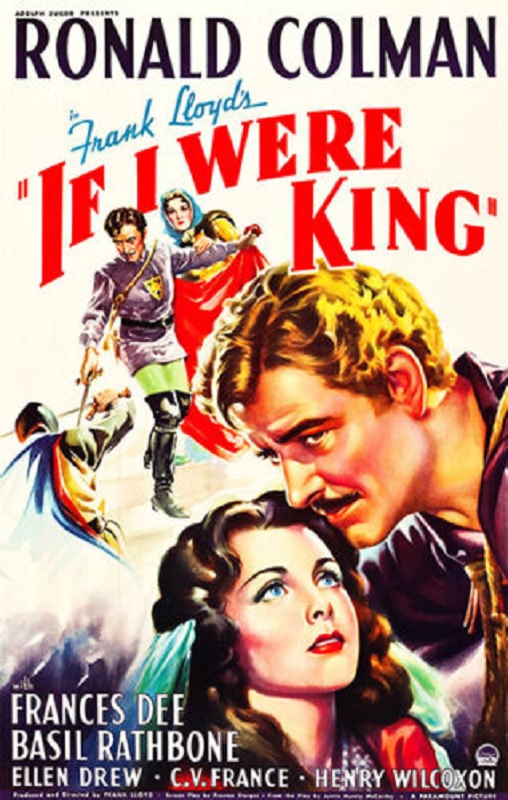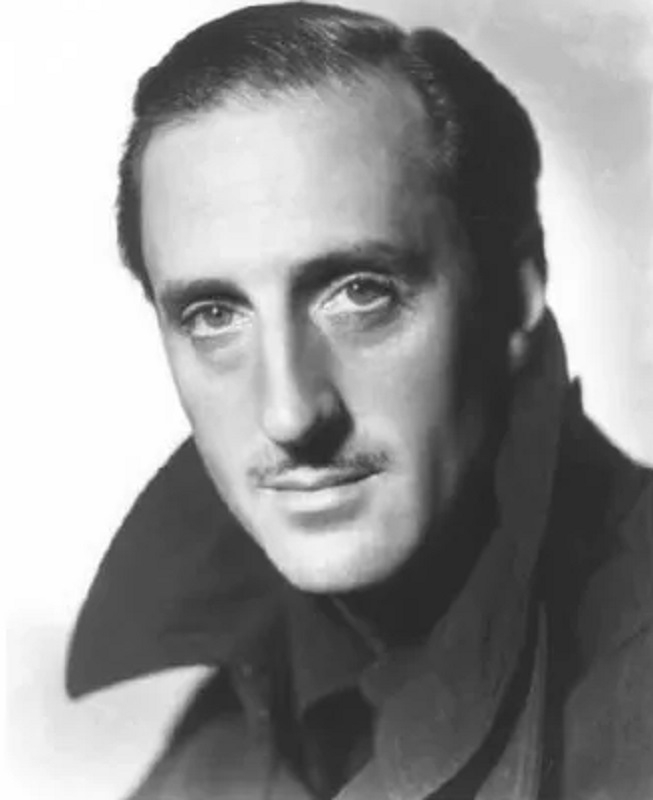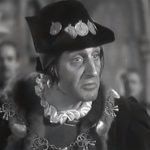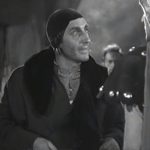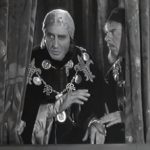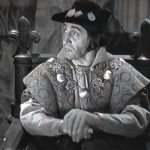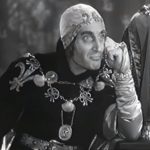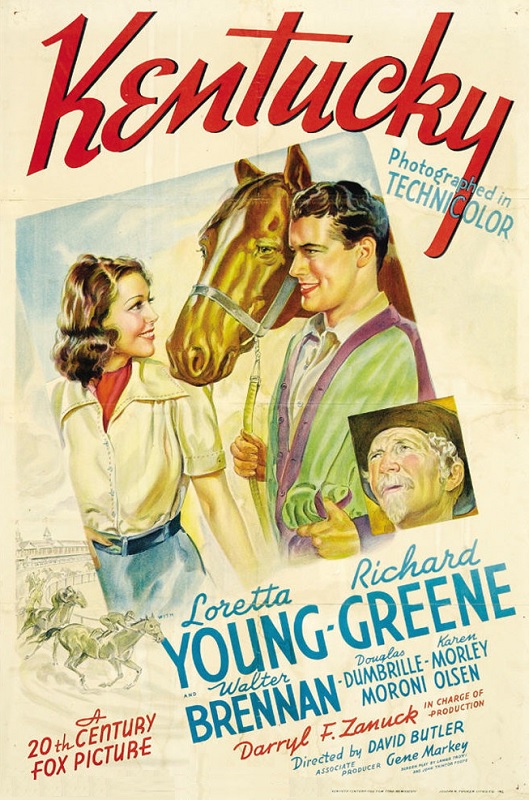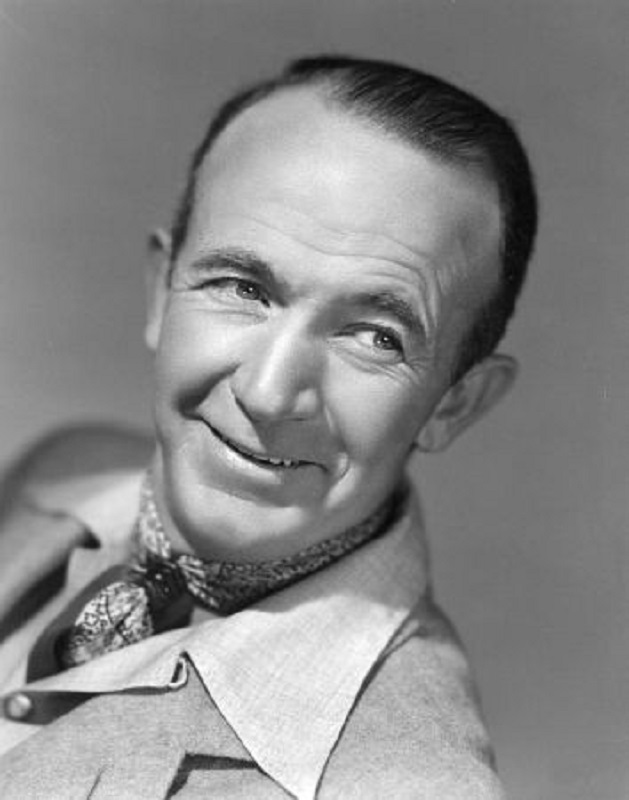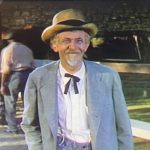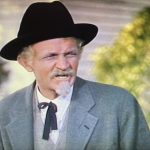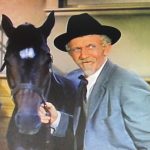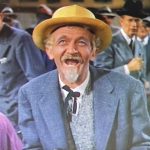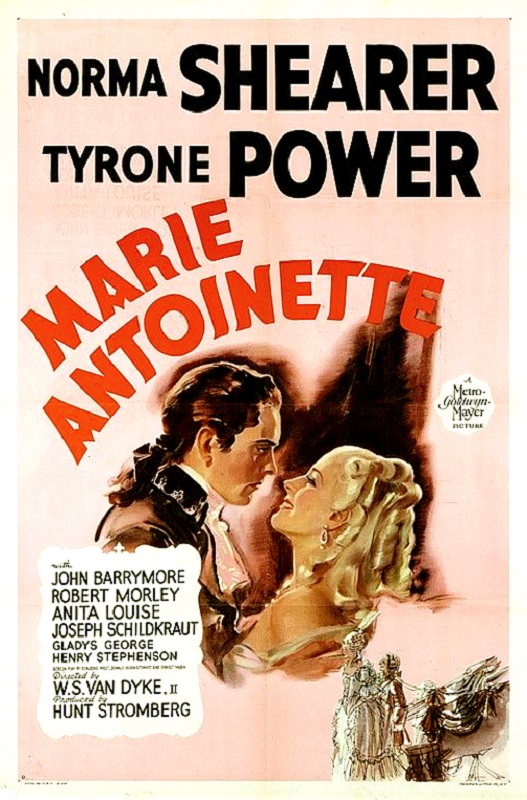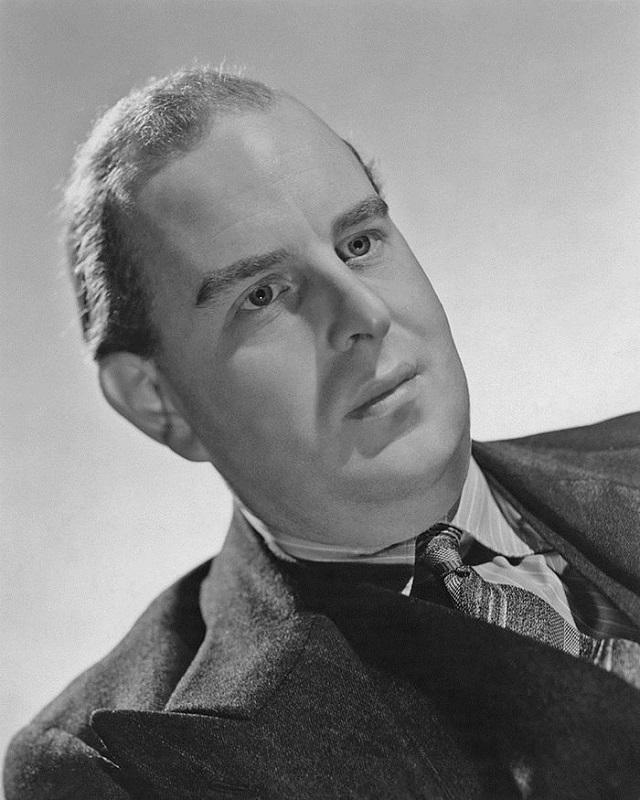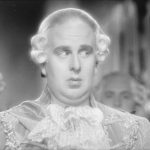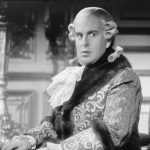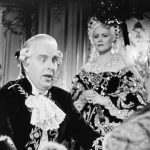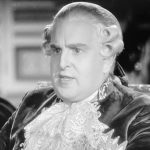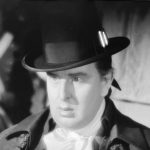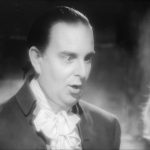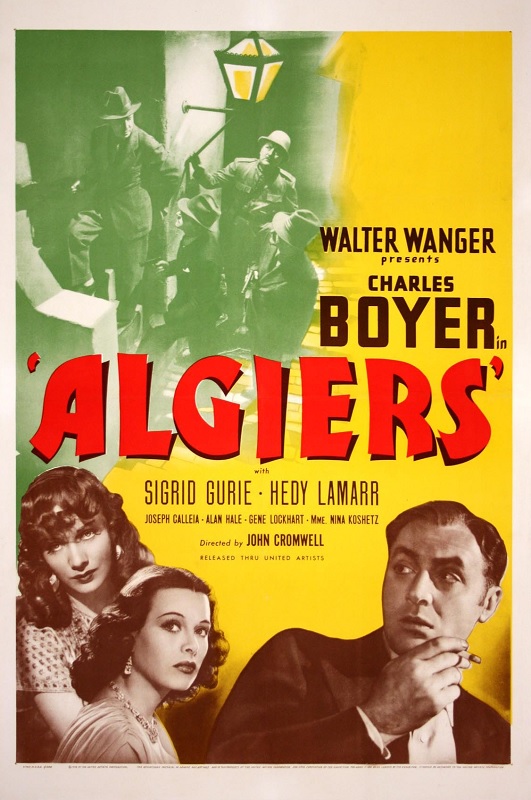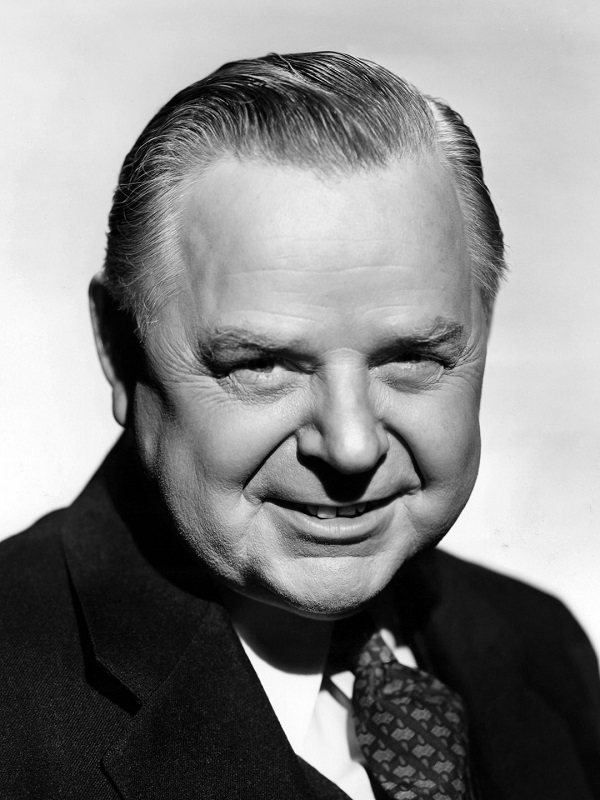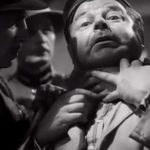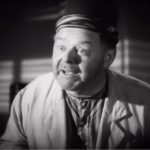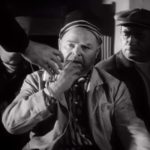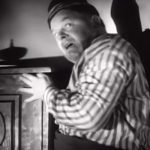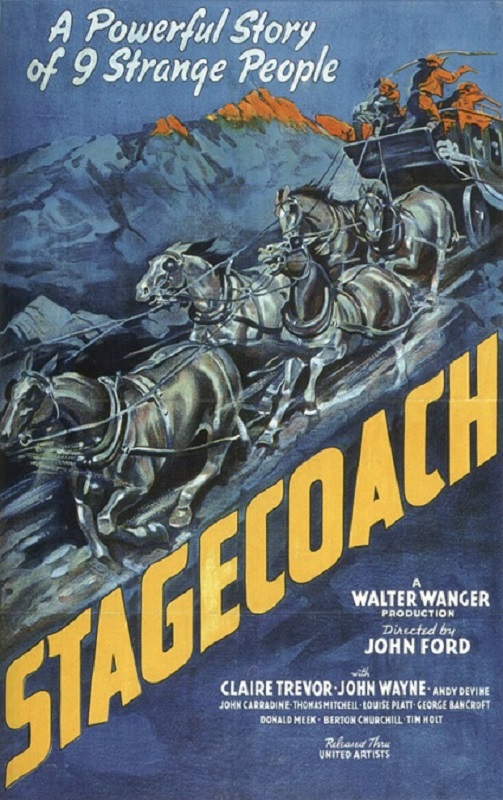
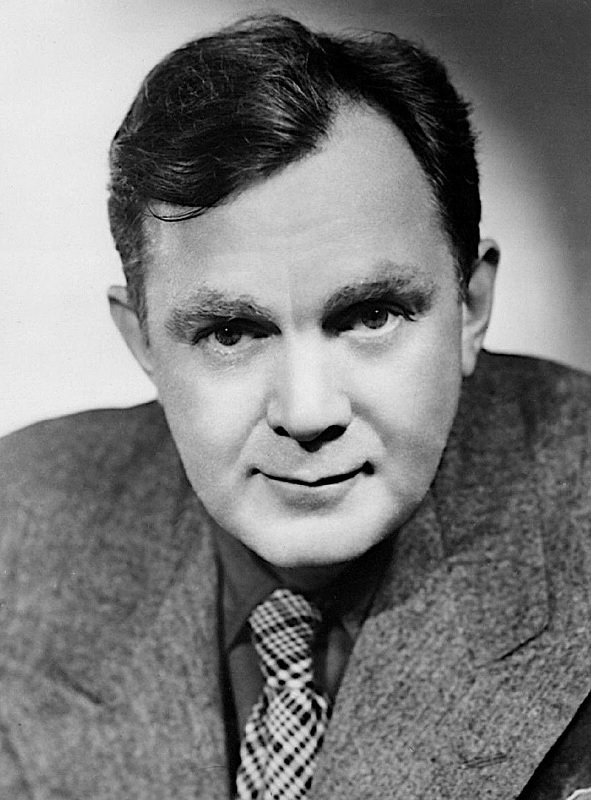

1939 – Thomas Mitchell (WINNER)
Stagecoach
I love Thomas Mitchell. He is one of my favorite character actors from Old Hollywood. He was so good in every role I’ve ever seen him play. And the reasons why all seem to be epitomized in this great movie, Stagecoach. Mitchell won the Oscar for Best Supporting Actor, and he totally deserved it. The character of Doc Boone was a fascinating one, and Mitchell did a phenomenal job. I can’t stress enough, just how incredible he was in this movie.
First of all, and I’ve said it before, playing believably drunk is not easy. But the good doctor is a hopeless and unapologetic alcoholic of unbelievable voracity. He takes every opportunity he can to swallow spirits of any kind. But what Mitchell understood about that kind of a character is that a drunk of that caliber is not always stumbling, not always slurring his speech. He is a functional alcoholic, so when you see that he can’t walk straight, you know he’s really sloshed, which Mitchell did, every now and then. And it was not over-the-top. It was sad, and even a little pathetic, just like it needed to be.
But that was only one side to the character. There were a few times in the narrative in which he had to be sober. The scene where he has to sober up quickly so he can deliver a baby, was great. He is drinking coffee and vomiting, and asking for water to be thrown into his face. The sheer determination in his eyes to save the life of the woman in labor and the baby was so keen, so intense. But then, after the successful delivery, the way he approaches the proffered bottle, was just as intense. Mitchell’s acting was masterful.
And at the end of the film, Mitchell once again stole the scene, when the tension of the narrative was building up towards the big climax. The villain, who is leaving the bar to have a shoot-out with Ringo, asks the bartender for a shotgun, but Doc Boone stands in is way. With dead conviction in his eyes, he stands up to the murderer and fiercely threatens him, saying that he’ll have him brought up on charges if he steps foot outside the bar with the weapon. He knew he was an inch away from death himself, and Mitchell sold the moment perfectly. So good!
